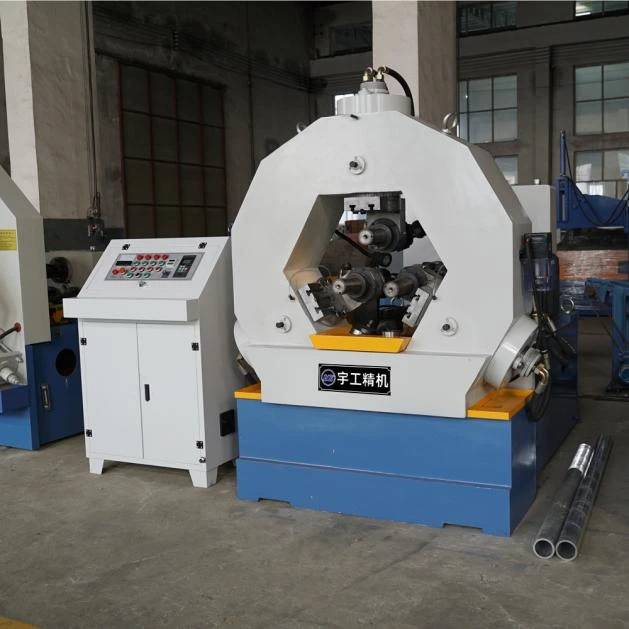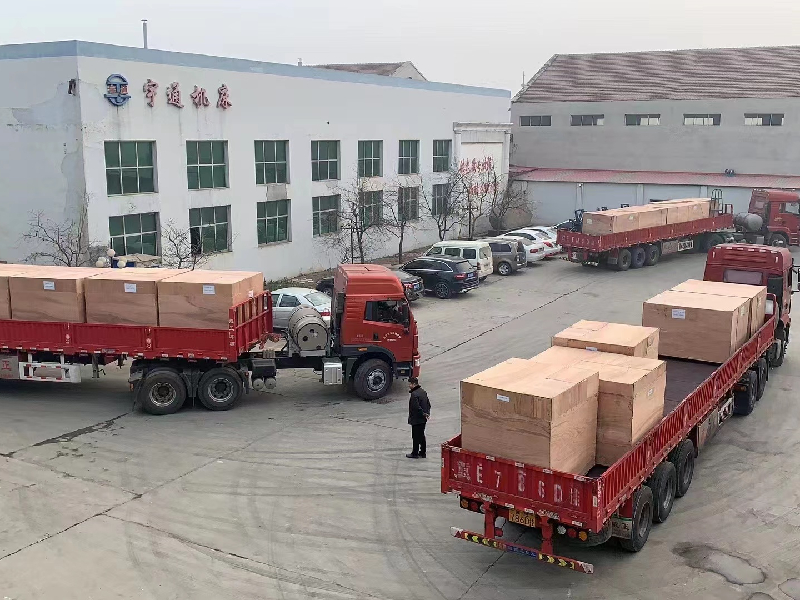
-
 Afrikaans
Afrikaans -
 Albanian
Albanian -
 Amharic
Amharic -
 Arabic
Arabic -
 Armenian
Armenian -
 Azerbaijani
Azerbaijani -
 Basque
Basque -
 Belarusian
Belarusian -
 Bengali
Bengali -
 Bosnian
Bosnian -
 Bulgarian
Bulgarian -
 Catalan
Catalan -
 Cebuano
Cebuano -
 Corsican
Corsican -
 Croatian
Croatian -
 Czech
Czech -
 Danish
Danish -
 Dutch
Dutch -
 English
English -
 Esperanto
Esperanto -
 Estonian
Estonian -
 Finnish
Finnish -
 French
French -
 Frisian
Frisian -
 Galician
Galician -
 Georgian
Georgian -
 German
German -
 Greek
Greek -
 Gujarati
Gujarati -
 Haitian Creole
Haitian Creole -
 hausa
hausa -
 hawaiian
hawaiian -
 Hebrew
Hebrew -
 Hindi
Hindi -
 Miao
Miao -
 Hungarian
Hungarian -
 Icelandic
Icelandic -
 igbo
igbo -
 Indonesian
Indonesian -
 irish
irish -
 Italian
Italian -
 Japanese
Japanese -
 Javanese
Javanese -
 Kannada
Kannada -
 kazakh
kazakh -
 Khmer
Khmer -
 Rwandese
Rwandese -
 Korean
Korean -
 Kurdish
Kurdish -
 Kyrgyz
Kyrgyz -
 Lao
Lao -
 Latin
Latin -
 Latvian
Latvian -
 Lithuanian
Lithuanian -
 Luxembourgish
Luxembourgish -
 Macedonian
Macedonian -
 Malgashi
Malgashi -
 Malay
Malay -
 Malayalam
Malayalam -
 Maltese
Maltese -
 Maori
Maori -
 Marathi
Marathi -
 Mongolian
Mongolian -
 Myanmar
Myanmar -
 Nepali
Nepali -
 Norwegian
Norwegian -
 Norwegian
Norwegian -
 Occitan
Occitan -
 Pashto
Pashto -
 Persian
Persian -
 Polish
Polish -
 Portuguese
Portuguese -
 Punjabi
Punjabi -
 Romanian
Romanian -
 Russian
Russian -
 Samoan
Samoan -
 Scottish Gaelic
Scottish Gaelic -
 Serbian
Serbian -
 Sesotho
Sesotho -
 Shona
Shona -
 Sindhi
Sindhi -
 Sinhala
Sinhala -
 Slovak
Slovak -
 Slovenian
Slovenian -
 Somali
Somali -
 Spanish
Spanish -
 Sundanese
Sundanese -
 Swahili
Swahili -
 Swedish
Swedish -
 Tagalog
Tagalog -
 Tajik
Tajik -
 Tamil
Tamil -
 Tatar
Tatar -
 Telugu
Telugu -
 Thai
Thai -
 Turkish
Turkish -
 Turkmen
Turkmen -
 Ukrainian
Ukrainian -
 Urdu
Urdu -
 Uighur
Uighur -
 Uzbek
Uzbek -
 Vietnamese
Vietnamese -
 Welsh
Welsh -
 Bantu
Bantu -
 Yiddish
Yiddish -
 Yoruba
Yoruba -
 Zulu
Zulu
Feb . 19, 2025 00:43
Back to list
thread rolling tool product
Thread rolling tools, an integral part of the manufacturing landscape, offer a seamless solution for creating high-quality threads in various materials. Unlike traditional cutting methods, thread rolling is a chipless process that deforms material under high pressure, producing threads with superior surface finish and strength. Through an understanding of the unique benefits and applications of thread rolling tools, manufacturers can achieve efficiency, precision, and reliability in their production processes.
Innovation in thread rolling tools has led to developments such as programmable machines which allow for real-time adjustments and monitoring. These advanced systems provide manufacturers with the capability to adapt to changes in production demands without compromising on quality or precision. The technology integrates seamlessly with existing manufacturing processes, ensuring minimal disruption and maximizing workflow efficiency. By investing in such state-of-the-art thread rolling tools, manufacturers place themselves at the forefront of technological advancement in the industry. A salient feature of modern thread rolling equipment is its ability to provide real-time quality control data, enabling manufacturers to maintain the highest standards of production excellence. The integration of sensors and feedback systems allows for immediate detection of defects or deviations from required specifications, ensuring that only the highest quality threads are produced. This capability not only reduces waste and rework costs but also bolsters the reputation of manufacturers by ensuring reliability and customer satisfaction. When selecting a thread rolling tool, manufacturers should consider factors such as material compatibility, die design, machine type, and ease of integration into existing systems. Partnering with reputable suppliers who offer comprehensive support and customization options can significantly enhance the efficacy of thread rolling tools in a manufacturing setup. Comprehensive operator training and maintenance services are also essential to realize the full potential of these tools, ensuring long-term operational success. In conclusion, thread rolling tools represent an indispensable asset for industries that prioritize efficiency, precision, and sustainability. By embracing advancements in thread rolling technology, manufacturers not only enhance their production capabilities but also improve product quality, reduce operational costs, and support environmental sustainability. With its numerous advantages, thread rolling continues to set the standard for excellence in thread production across a wide range of industrial applications.


Innovation in thread rolling tools has led to developments such as programmable machines which allow for real-time adjustments and monitoring. These advanced systems provide manufacturers with the capability to adapt to changes in production demands without compromising on quality or precision. The technology integrates seamlessly with existing manufacturing processes, ensuring minimal disruption and maximizing workflow efficiency. By investing in such state-of-the-art thread rolling tools, manufacturers place themselves at the forefront of technological advancement in the industry. A salient feature of modern thread rolling equipment is its ability to provide real-time quality control data, enabling manufacturers to maintain the highest standards of production excellence. The integration of sensors and feedback systems allows for immediate detection of defects or deviations from required specifications, ensuring that only the highest quality threads are produced. This capability not only reduces waste and rework costs but also bolsters the reputation of manufacturers by ensuring reliability and customer satisfaction. When selecting a thread rolling tool, manufacturers should consider factors such as material compatibility, die design, machine type, and ease of integration into existing systems. Partnering with reputable suppliers who offer comprehensive support and customization options can significantly enhance the efficacy of thread rolling tools in a manufacturing setup. Comprehensive operator training and maintenance services are also essential to realize the full potential of these tools, ensuring long-term operational success. In conclusion, thread rolling tools represent an indispensable asset for industries that prioritize efficiency, precision, and sustainability. By embracing advancements in thread rolling technology, manufacturers not only enhance their production capabilities but also improve product quality, reduce operational costs, and support environmental sustainability. With its numerous advantages, thread rolling continues to set the standard for excellence in thread production across a wide range of industrial applications.
Share:
Latest news
Upgrade Your Production Line With Advanced Threading Solutions
NewsJun.12,2025
Optimize Precision With Advanced Thread Rolling Equipment
NewsJun.12,2025
Maximize Production With A High-Speed Thread Rolling Machine
NewsJun.12,2025
Master Precision Engineering With The Right Roller Threading Machine
NewsJun.12,2025
Find The Right Thread Rolling Tool For Precision Threading
NewsJun.12,2025
Boost Efficiency With Our Thread Rolling Machine
NewsJun.12,2025
